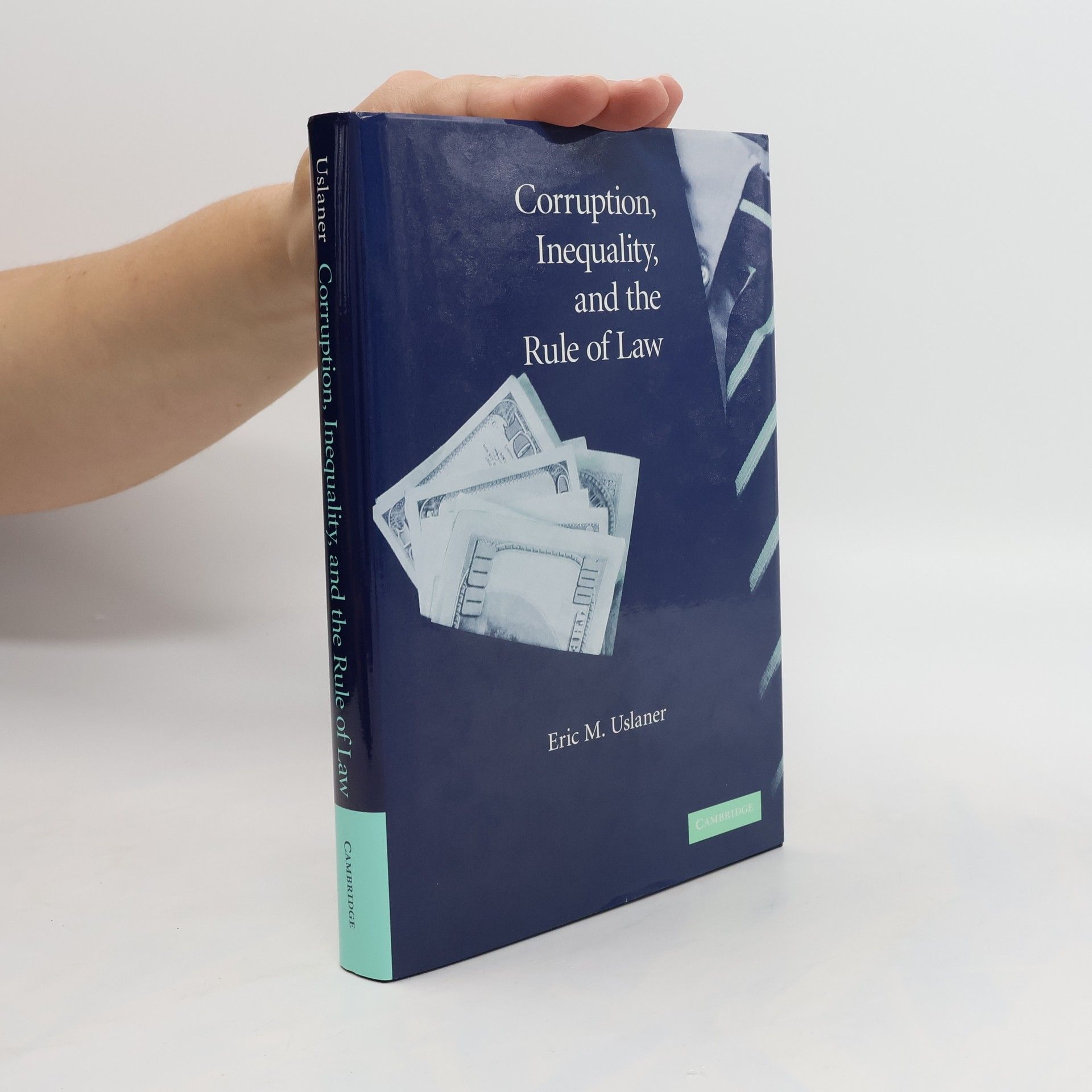Corruption, Inequality, and the Rule of Law
- 345pages
- 13 heures de lecture
Corruption undermines fairness, creating unequal advantages for some. It is a persistent issue, with little evidence that countries can easily escape its grip. Uslaner posits that the roots of corruption stem from economic and legal inequality, low levels of generalized trust, and poor policy choices. Economic inequality fosters an environment conducive to corruption, which in turn exacerbates further inequalities. His cross-national analyses reveal that both inequality and trust remain relatively stable over time. Uslaner contends that high inequality leads to low trust and high corruption, creating an inequality trap, and he identifies direct connections between inequality and trust in surveys among the public and elites in transitioning countries. Eric M. Uslaner is a Professor of Government and Politics at the University of Maryland-College Park, where he has taught since 1975. He has authored seven books, including "The Moral Foundations of Trust" and "The Decline of Comity in Congress." His academic experience includes roles as a Fulbright Professor in Israel and a Senior Specialist Lecturer in Russia, as well as a Senior Research Fellow in China.
